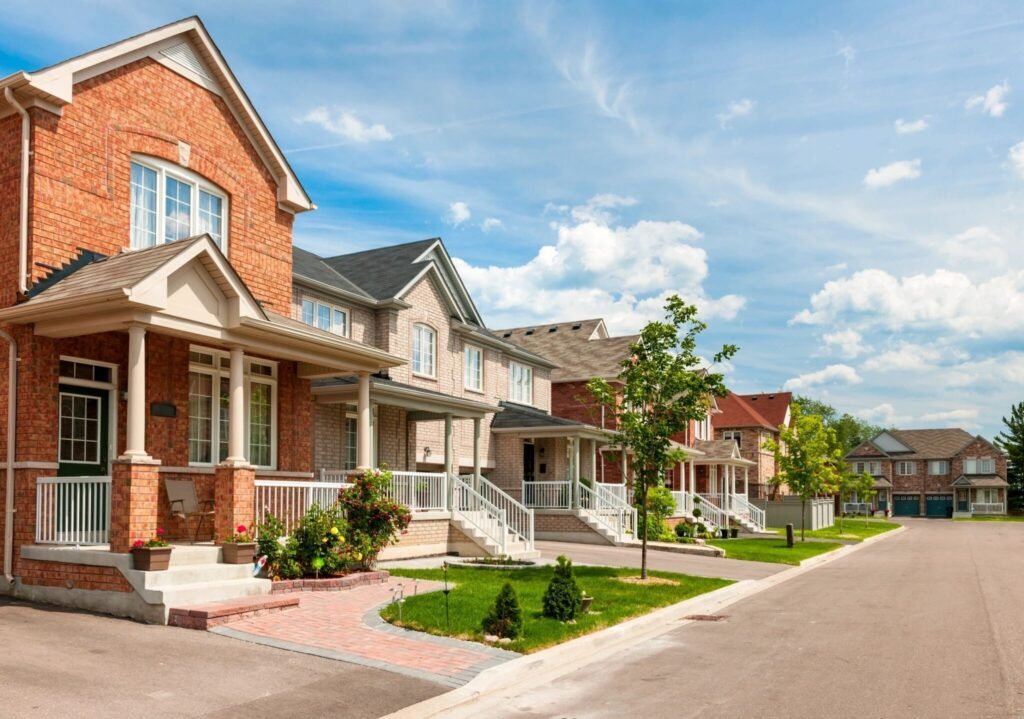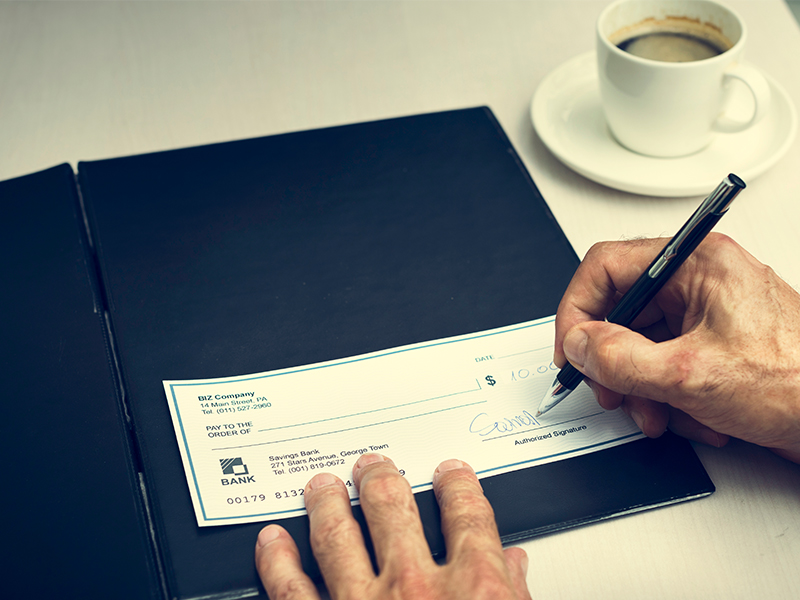Generally, you can seek a first-time home loan for buying a house or a flat, renovation, extension, and repairs to your existing house. You can own more than one house and borrow home loans for that purpose. However, it depends directly on your income and your repayment capacity of paying off the debt simultaneously for both the loans. If you are an individual and do not have the business income you may opt for the old tax regime of the income tax act under which you can claim a tax deduction on repayment principal amount of the first housing loan under section 80C up to Rs.1.50 lakh. Although deductions under Section 80C on the principal amount of the loan may not be available in the case of your second house, you can enjoy tax benefits on the interest component as under.
1. The first home is self-occupied, and the second home is vacant: According to the latest provisions in the budget, the second home cannot be deemed let out. So both the houses will be considered self-occupied. Interest claimed on both houses cannot exceed Rs 2 lakh.
2. If the first home is self-occupied, while the second is on rent: You have to declare the rental income of the second property. From there you can deduct the standard deduction of 30 percent, interest on the loan (without any upper limit) and the municipal taxes paid.
The Reserve Bank of India has also directed that home loan borrowers can get funding up to 90% of the property value in case this value is less than or equal to Rs. 30 lakhs. For loans between Rs. 30-75 lakhs, the LTV (loan-to-value) ratio stands at 80% while it is 75% for loans above Rs.75 lakh.
The following post offers you comprehensive details of all aspects of home loans:







